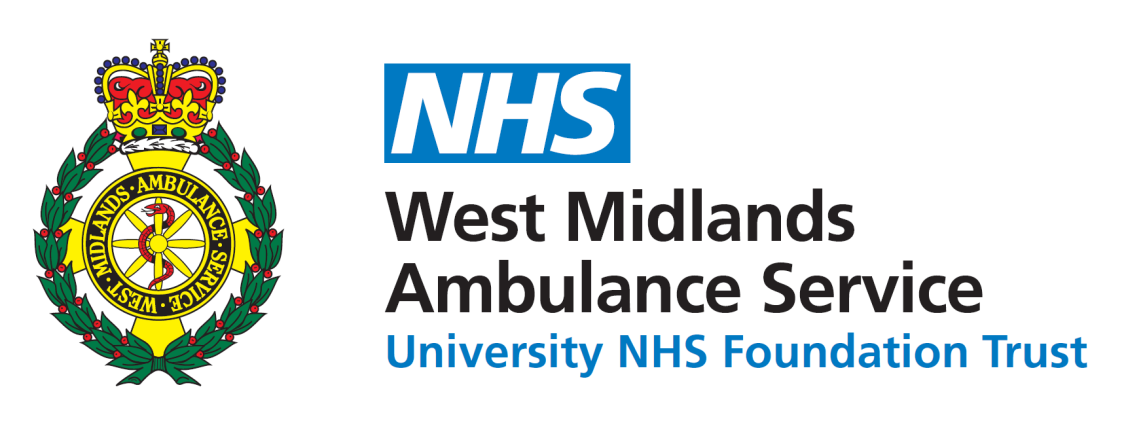Introduction
Public awareness and support for secondary health data use may vary by health care experience and participant demographics. England provides an example of a centralised “opt out” for secondary use of anonymised health data. We explored the awareness, support for and concerns about anonymised healthcare data secondary use and the NHS data opt-out system amongst patients, carers, healthcare staff and the public within the West Midlands.
Methods
A patient and public engagement program was completed, including patient and public workshops, questionnaires regarding anonymised health data use and feedback discussion groups.
Results
Central concerns for health data use included unauthorised data re-use, the potential for discrimination and profit generation without patient benefit. Key priorities were projects leading to patient benefit, oversight by the NHS as a trusted organisation, increasing awareness of the NHS data opt-out, and ongoing public/patient involvement. Questionnaires showed 31.8% were aware of the NHS data opt-out. 93.8% were happy for their data to be used for NHS research, 84.8% for academic research and 68.4% by health companies. However, opinion varied with demographics (age, gender or public, patient, NHS staff and volunteers). Agreed action points for health data use were education regarding the National Data Opt-Out, public involvement in data requests, NHS oversight, and transparency.
Conclusion
Use of anonymised healthcare data for secondary purposes is acceptable to most patients, carers and healthcare workers. However, awareness is limited, and initiatives to publicise potential benefits are needed amongst patients, healthcare staff and the public.




